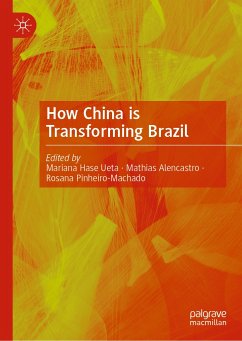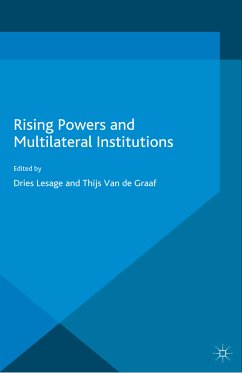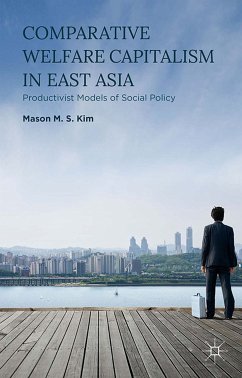Mariana Hase Ueta is a sociologist and social scientist working on China-Brazil relations focusing on food and sustainability. She is currently a Postdoctoral Researcher at Wageningen University & Research in the Netherlands and a Visiting Researcher at the Center for Chinese Studies of the Chinese Academy of Social Science (CASS) and University of Campinas (UNICAMP) in Brazil
Mathias Alencastro is a political scientist working on the international relations of Brazil. He has served in different capacities at the Brazilian government
Rosana Pinheiro-Machado, anthropologist, is a Professor in the School of Geography at the University College Dublin
Dieser Download kann aus rechtlichen Gründen nur mit Rechnungsadresse in A, B, BG, CY, CZ, D, DK, EW, E, FIN, F, GR, HR, H, IRL, I, LT, L, LR, M, NL, PL, P, R, S, SLO, SK ausgeliefert werden.









